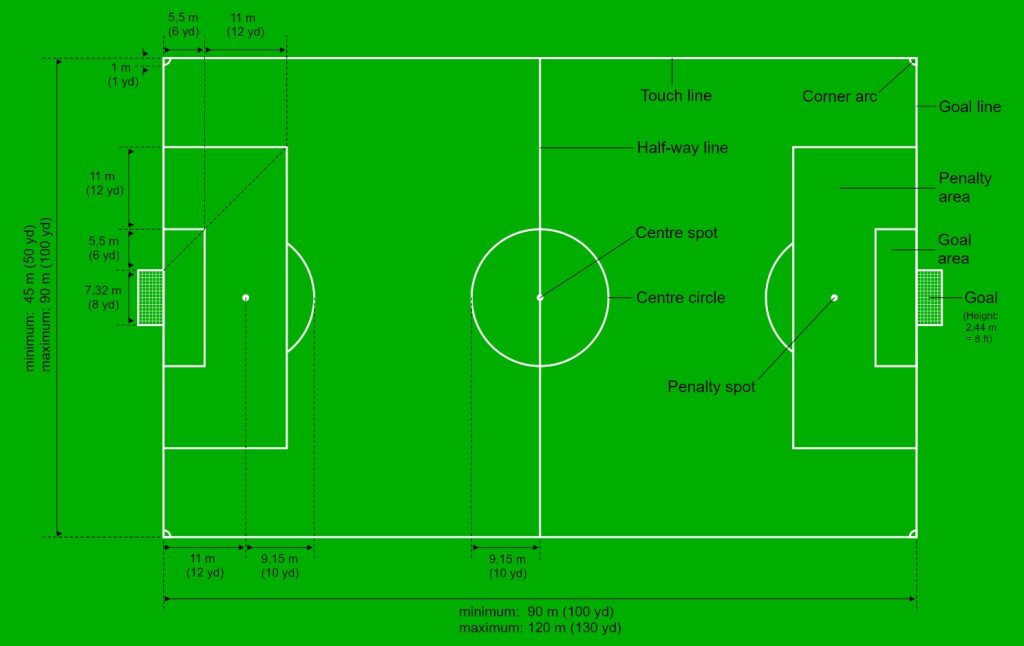Argentine football fans have finally received some good news. For 12 years, fans of visiting teams in the country’s domestic league were banned from sitting in the stands to watch matches. Yesterday (Thursday), Argentine Football Association (AFA) president Claudio Tapia announced the lifting of that ban. At the same time, he also described the day as a historic day for Albiceleste football.
However, before the ban can be lifted completely, fans will have to undergo a pilot test. In the next round of fixtures in the ongoing domestic league, the behavior of the spectators will be checked in two matches held at the grounds of the clubs Lunas and River Plate. World Cup-winning star Angel Di Maria has played a major role in the initial steps to lift this ban on fans.
The attacking midfielder recently left Portuguese club Benfica after completing his European chapter and returned to his childhood home Rosario Central in Argentina. There has been a new frenzy among the fans around him. And that has served as the motivation for lifting the ban on spectators sitting in the field for away matches, said AFA President Claudio Tapia. He said, “This is a historic day, because today (yesterday) the process of returning visiting fans to the field has begun. Through this, the expectations of the host club regarding the presence of opposing fans will also be fulfilled.”

The Argentine football chief, expressing his excitement, added, “This is what football fans and society have been asking for. It aims to host matches with two types of (opponent) fans, so we have decided to bring the visiting fans back to the field.” Buenos Aires’ security minister Javier Alonso was present at the press conference. “The visiting fans were banned for specific reasons, we don’t want to go back to that situation. We want to eliminate the culture of violence. There is no need to listen to 10-year-old drug songs or see someone die inspired by them. This has to be a family celebration, with flags and drums.”
Reason for the ban, what happened in 2013?
The AFA banned the presence of visiting supporters in the first division domestic competitions after two bloody incidents in 2013. Both incidents involved spectators. Police intervened as mediators in clashes between fans of Lanus and Estudiantes clubs. One fan was killed in that clash. In another match, two fans of the country’s popular club Boca Juniors were shot and killed. In the wake of the two incidents, the AFA introduced a rule that only fans of the home team can attend matches.
The ban on visiting fans was first imposed at football matches in Buenos Aires. Later, other provinces gradually followed suit and set the same policy. The incident that caused the loss of life among fans was called ‘Barabravas’. This refers to the involvement of fanatic and aggressive fans in violence in the stadium area.
It is worth noting that Di Maria’s team Rosario Central is playing a match this season, 300 kilometers away from the city of Buenos Aires. The AFA has approved 6,500 fans of the visiting club to enter the stadium. Similarly, visiting fans will appear on the field under tight security in another match. The behavior of the spectators will be monitored in both matches.
FAQ
What is the main announcement in this news?
After 12 years, away fans will finally be allowed back into Argentine domestic football stadiums, ending a long-standing ban.
Why were away fans banned in Argentina?
The ban was imposed in 2013 due to frequent violent clashes between rival supporters, aimed at improving stadium safety.
How is Ángel Di María connected to this change?
Di María’s emotional return to Argentine football and his influence as a national icon is being seen as a symbolic moment tied to this major decision, which reflects a more unified and passionate fan environment.
Who announced the lifting of the ban?
The president of the Argentine Football Association (AFA), Claudio Tapia, made the official announcement.













